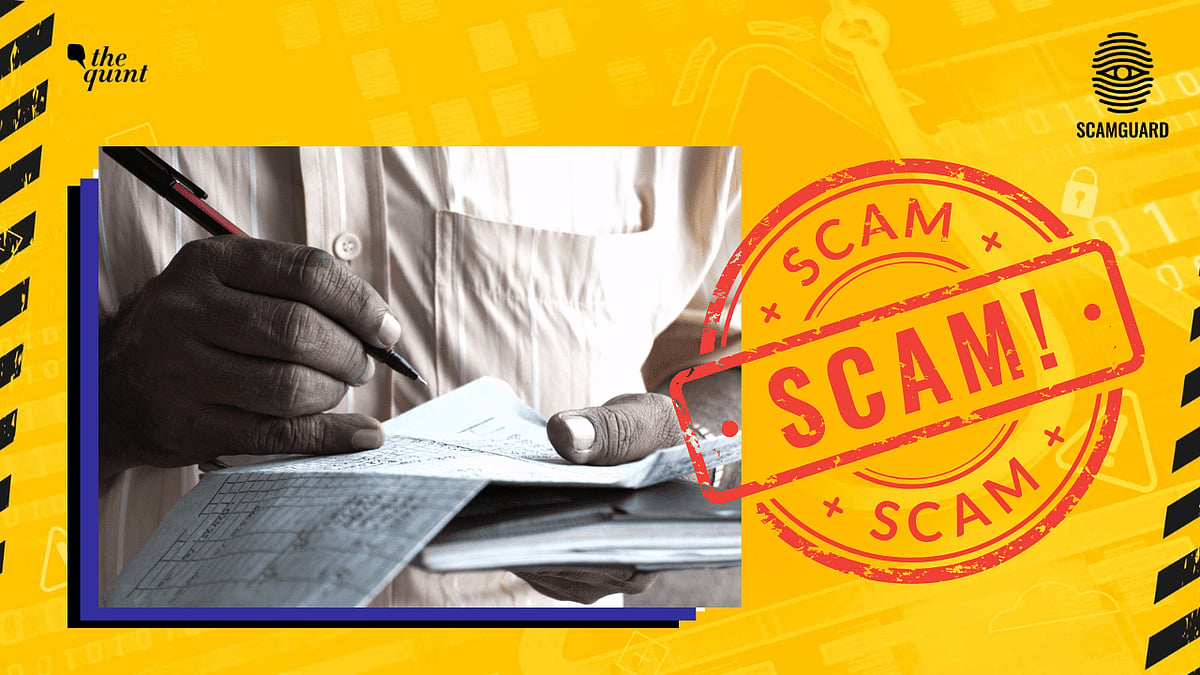A Phone Call, a Govt Scheme, And a Lie: How Scammers Dupe Victims via UPI
Scammers posing as government officials are duping welfare scheme beneficiaries using UPI

advertisement
Vaishali was on a conference call with her father and their local block representative from her village in Jharkhand when she began to lose money. All she had done was “accept” payments from the said representative.
Her father, a farmer, had recently applied for a government scheme. Within a few days, he received a call from a scammer impersonating a block official. They informed him that his form had been approved, and he was now eligible for financial assistance. But there was a condition for receiving the amount.
We examine how scammers deceive their targets by posing as government officials, convincing them of their legitimacy by staying updated with their information.
Modus Operandi
The Call: You receive a phone call from a scammer pretending to be a government official or agent from your local district.
Application Approved: They claim that your application has been accepted and that you qualify for the government subsidy or scheme you’ve applied for.
Money Transfer: They insist on sending you money via UPI apps, such as Google Pay or PhonePe.
Amount Deducted: The scammer sends you a request for payment via the UPI app. In the instance above, they tricked the victim into believing she would “receive” a payment and proceeded to add the UPI PIN. The amount was then deducted from her account.
Red Flags
Officials or representatives wanting to send funds directly to a beneficiary via UPI.
There is no option to "accept" a payment on a UPI app; one can only "request" or "pay" them.
No formal confirmation or SMS/email from the government portals regarding the scheme you've applied for.
What To Do
Verify: If you receive such calls, contact or visit your block office to check the status of your scheme/subsidy application and how the allocated amount will be sent to your account. Also, notify the block of the individual who contacted you to confirm their identity.
Inform: If you've made payment(s), contact your bank and UPI service provider to report the unauthorised transaction(s).
Report: If you were scammed or were able to spot this scam, then report the incident as soon as possible through a government portal such as Chakshu (https://sancharsaathi.gov.in/sfc/) and the national cybercrime helpline number—1930. You can also lodge a complaint with the local police station.
The Quint's Scamguard initiative aims to keep up with emerging digital scams to help you stay informed and vigilant. If you've been scammed or successfully thwarted one, then tell us your story. Contact us via WhatsApp at +919999008335 or email us at myreport@thequint.com. You can also fill out the Google form and help us take your story forward.)
(At The Quint, we question everything. Play an active role in shaping our journalism by becoming a member today.)